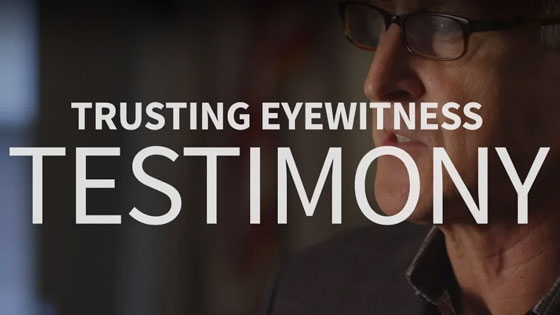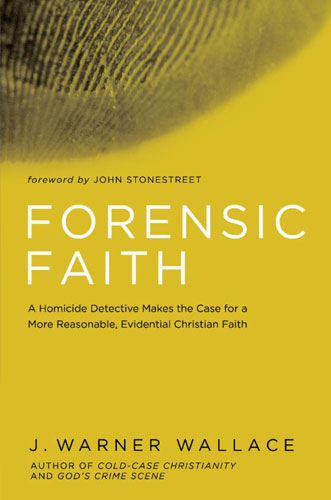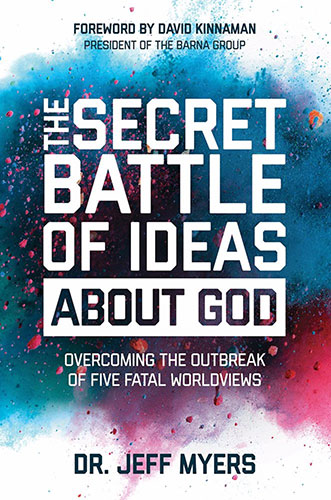Worldview and College
This information is provided compliments of Summit Ministries, who are national leaders in worldview and apologetics and offer Summer and Year-round Student Conferences, and groundbreaking Books and Media, and other resources.
how to
get started
A worldview is an overall understanding of how a person believes life and the universe works, including if God exists and the role He plays. See this Worldview Chart comparing religions and thought systems.
Topics
STARTING CONVERSATIONS WITH NON-BELIEVERS
How can Christians start conversations with non-believers? “The best way to start a conversation with a non-believer is by asking them questions.”— Brett Kunkle, Founder and President, Maven. Brett Kunkle explains how strategically placed questions and genuine, interested listening can be used to guide conversations with non-believers towards truth.
APOLOGETICS – YOU DON’T NEED TO BE AN EXPERT TO BE EFFECTIVE!
See this series of short videos. If you want to have effective conversation with people, then find points of communication by asking them about what they believe and why they believe it.

CAN WE RELY ON THE DISCIPLES’ WORDS IN THE GOSPELS?
“If you’re looking for an account that’s written by a non-Christian, well you’ve got it; it’s called the gospel of Matthew. Don’t blame him for becoming a Christian after seeing [Jesus’ works].” — Jim Wallace, Speaker and Author of Cold Case Christianity, God’s Crime Scene, and Forensic Faith. Many people suggest that we cannot trust the testimony of the disciples recorded in the gospels because they were Christians. Jim Wallace, using the same eyewitness reliability test that he uses for homicide eyewitnesses, says that the disciples are indeed trustworthy, and that they did not become Christians until after they witnessed life with Jesus.
STUDENT CONFERENCES / ADULT CONFERENCES
This 12-day summer experience gives students (ages 16-25) guidance to explore issues impacting faith, identity, and purpose. See dates and locations in Pennsylvania, Tennessee, and Colorado. See also adult on-line and in-person conferences.
Resource Articles
POSSESSING A FORENSIC FAITH
Summit faculty member and cold-case homicide detective, J. Warner Wallace, recently released a new book about having a forensic faith. Wallace defines this as believing in something because of evidence rather than without or in spite of it. In a recent article, Wallace lays out three kinds of faith: unreasonable, blind, and forensic. “Jesus did not affirm the notion of ‘blind faith,’ and He didn’t ask us to believe something unsupported by the evidence,”
WE’RE IN A SECRET BATTLE
We live in a time of war. There are no soldiers in this battle. There are no landing craft, no bombers flying in formation, no artillery emplacements. Yet attacks occur every minute of every day. The battle we’re in is a battle of ideas. Ideas are thoughts and suggestions about what we ought to do. Our ideas largely determine our understanding of life’s meaning and guide us in the way we live. Everyone forms ideas about the questions in this resource.
WHY CHRISTIANS LOSE FAITH
Some people don’t want to embrace Christianity because they are committed to ideas or lifestyles they don’t want to abandon. They think, If the Bible is true, then I’m in trouble. I don’t want to change my lifestyle or behavior, so instead I’m going to try to ignore what the Bible says. If you meet someone who opposes Christianity, you might ask, “What are you afraid would happen to you if you became a Christian?” Often it isn’t about good reasons at all; it’s about not wanting to pay the cost in lifestyle, reputation, or family harmony.







